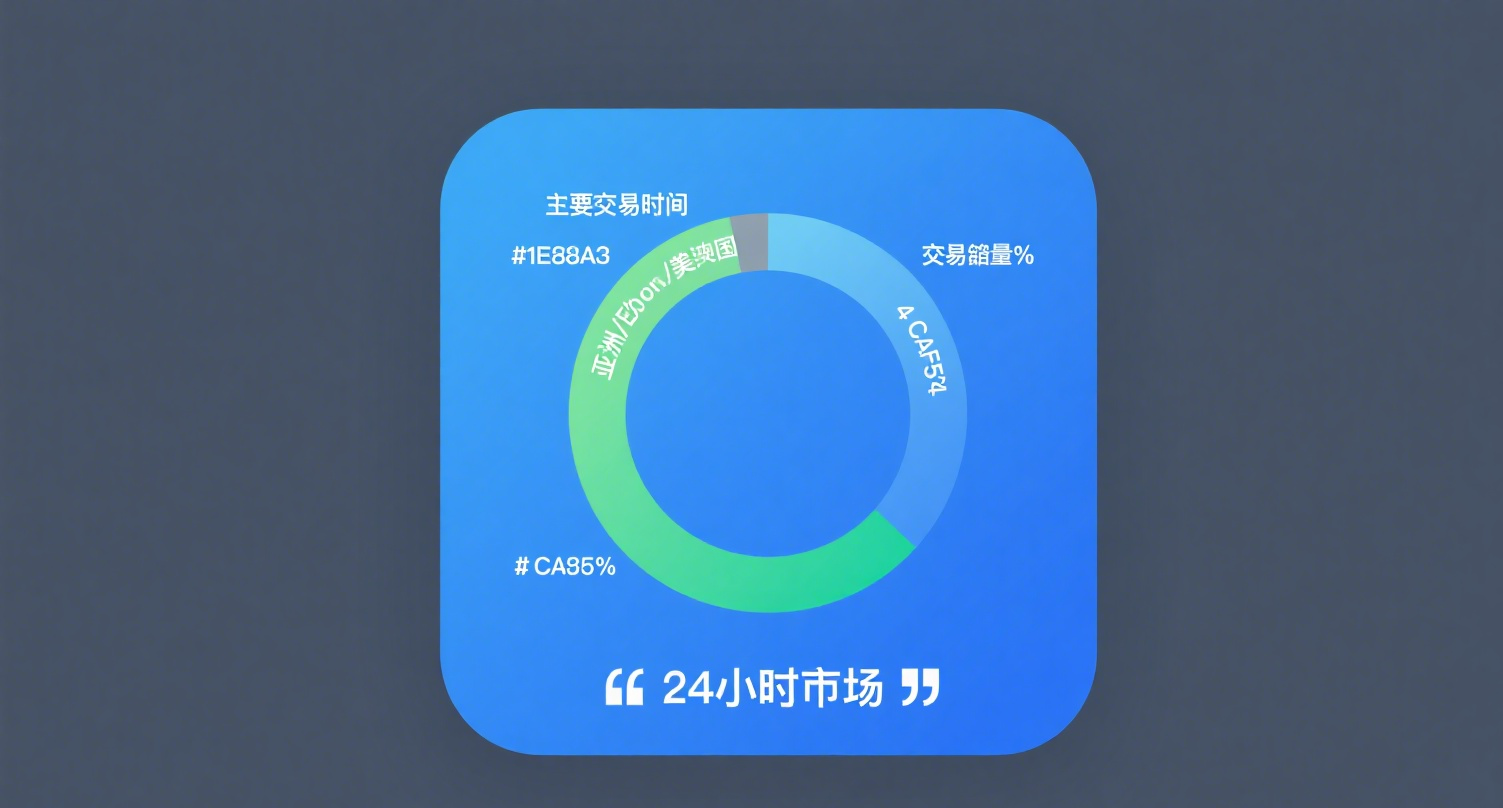
Distinguishing Between Consumers and Investors is Crucial
With over a decade in the financial industry—starting in banking, payment services, and lending (relatively conventional sectors) before moving into investment consulting—I realized the latter operates in an entirely different paradigm. These firms struggle to scale, perpetually oscillating between survival and collapse.
For years, I pondered viable business models (e.g., providing trade signals via simulated portfolios), yet none proved flawless. This morning, however, an epiphany struck: the critical distinction
between consumers and investors.
From a production-consumption lens, modern specialization aims to enhance efficiency. Producers deliver goods/services to elevate consumers’ quality of life, productivity, and convenience.
Thus, products grow simpler—ideally "foolproof"—where usage is intuitive or requires minimal instructions. Services follow suit. In Shanghai, rental agent fees dropped from 35% to 30%, and my latest landlord charged just a <¥200 "thank-you" fee. Even lease terms now account for move-in delays, waiving 3–7 days’ rent—a consumer-centric evolution.
But investing defies this logic.
If "simplifying" investing meant handing out stock codes for overnight riches, advisory firms wouldn’t need clients. A janitor once quipped: "If your boss could reliably beat the market, why hire hundreds? He’d quietly get rich."
Reality? Investing is hard and counterintuitive. Thus, the priority isn’t serving all investors but identifying those committed to learning and perseverance. Platforms like Xueqiu (for peer交流) or Wind/East Money/Luobo (for research/data) cater to such investors. The rest? "Respect their fate."
True simplification in investing emerges through professional division of labor:
-
Sell-side (brokers): Chief economists, analysts, advisors.
-
Buy-side (funds): Portfolio managers, risk officers, traders, and now fund selectors (essential with >10,000 funds).
This ecosystem decomposes complexity into specialized roles—"simplification via professionalization"—not magical stock picks.
So, which path will you take?
-
As a consumer, embrace convenience:
-
Safety: Deposits, CDs.
-
Moderate risk: Money market/bond funds, "fixed-income+" hybrids.
-
Higher returns: Index funds (with higher volatility).
-
Still unsatisfied? Ask:
-
Can I stomach total loss?
-
Can I find the next Buffett?
-
Do I deserve effortless alpha?
-
Risk assessments help clarify your profile.
-
-
As an investor, aspire to industrial capital status (think Buffett or Liu Yiqian). This demands owner-like effort: observation, learning, risk-taking, and resource mobilization to seize opportunities.
Here’s the rub: Consumers thrive on convenience; investors thrive on labor. Ironically, investors are producers—as shareholders, they own businesses.
This dichotomy resolved years of confusion. Now, the question remains: Will you consume or invest?
















